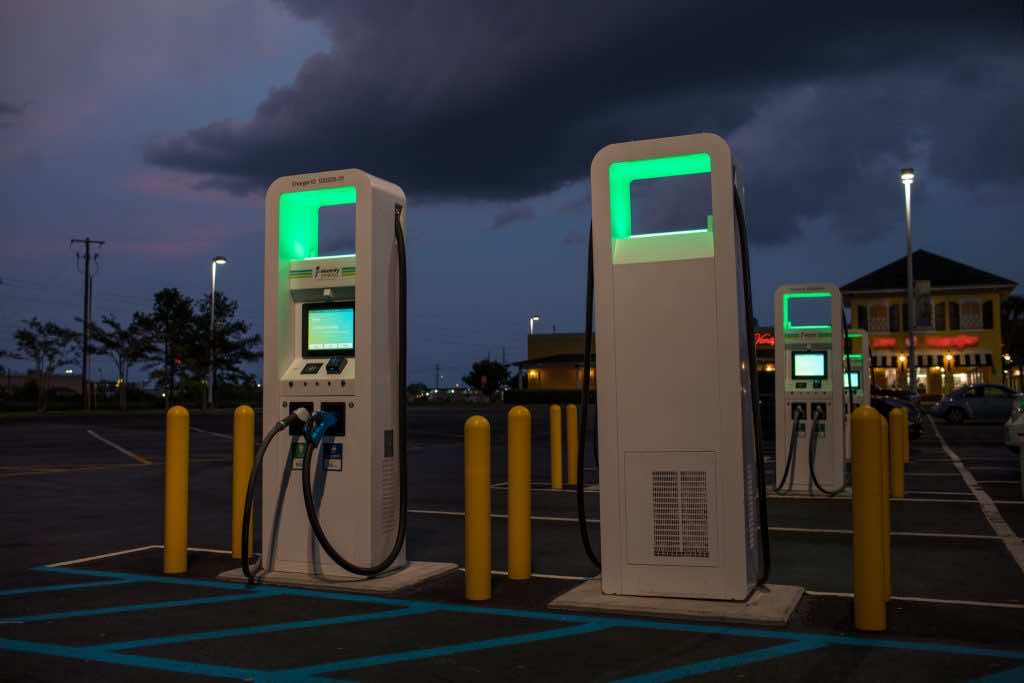EV is the future of mobility, and there is no doubt about it. From Biden to the Chinese leaders, everyone is pushing for gaining supremacy in EV technology and manufacturing ability. EV is quieter, more innovative, efficient, and reliable in most cases than not. The only hindrance to EV’s complete dominance on the vehicular / mobility horizon is a reliable charger that is keeping EVs from reaching their true potential.
No one can deny that a fuel tank fills faster than it takes to fully charge an EV. Leaving a lot of people who have charging ports at their homes and can charge their vehicles overnight, this is a sore point. The only argument is that, on average, people travel 29 miles a day, so even short-range EVs should meet the needs of most drivers. But who would like to be limited in their ability to move around, not me at least!
Even in 2022, finding charging ports every 150 – 250 miles is a hefty task. All our planning and route selection have to revolve around charging ports and their locations, which is a restriction. Some apps help you find the nearest ports but then again, it impedes one’s freedom.
Having said that, according to the Department of Energy’s Alternative Fueling Station Locator, there are 1,433 Tesla Supercharger locations and another 4,564 public DC fast charger locations that use the CCS plug, which will charge basically every EV on sale other than a Tesla or a Nissan Leaf. So, the ports might not be a problem.
The real issue is the serviceability of these chargers. A few weeks ago, The Wall Street Journal published a piece about an EV road trip gone wrong. The headline says it all: “I Rented an Electric Car for a Four-Day Road Trip. I Spent More Time Charging It Than I Did Sleeping.”
Electrify America’s and Shell Recharge’s technical people are already on it and sifting through their databases to see whether or not they can find a viable solution to the problems at hand.
Ford is taking an innovative approach. The “Charge Angels initiative” is their answer to this problem, at least for the time being. It has a fleet of EVs that visit chargers that are part of the Ford Pass network and show up in the navigation or mobile app for a Mustang Mach-E, F-150 Lightning, or E-Transit. But this service limits itself to Ford EVs only.
“What we have is a fleet of vehicles out in public, charging. We’ve got a couple of different vehicle data recorders on them, and they’re capturing data live. We’re doing charge authentication for the Ford Pass app. We’re doing it through plug-and-charge [also known as ISO 15118]. We’re doing it through credit card, and we’re doing it through the charge network’s app—through all the authentication methods,” said Matt Stover, Ford’s director for charging and energy services.
New York Power Authority told Ars that its current service agreements with companies like EA and Shell list a requirement for at least 95 percent uptime; however, it’s working to increase that to 97–98 percent in the longer run. Also, 97 percent is the uptime requirement for chargers envisioned to form part of the federal government’s Interstate charging network.

